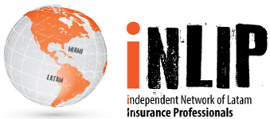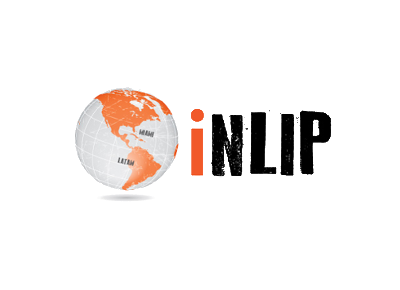
This webinar was deliverd during the 2023 Miami (re)insurance week and it shows English subtitles. This free webinar offers a great overview of the 2022 ans 2023 situation of the Marine Insurance/Reinsurance Industrin in Lain America.
The global economy, trade and marine insurance in 2022 faced various challenges such as the war in Ukraine or the historic increase in inflation. However, the results for marine in Latin America were quite positive last year, and were reflected in the growth of revenues of the different players in the industry. Regarding projections for 2023, the market is optimistic that it will be able to continue on the growth path, but cautious about the challenges that will be faced, such as cyber risks, increased cargo theft, greater political and environmental risks, among others.
ALSUM conducted a survey in 2020 when the ravages of Covid-19 were just beginning, and at that time the greatest concern for the region with respect to accident rates was the pandemic and to a much lesser extent social protests, theft and looting. The picture has changed in 2023, and for those surveyed, the first risk that will affect claims is theft and looting, followed by damage to cargo in the warehouse and thirdly, the forces of nature.
Analyzing the results of premiums and claims in 2022, for Marsh Carpenter Fac Re it was positive because Latin America represented 400 million dollars of premiums with an average growth of 20%, reaching up to 25% in some markets. CargoCorp Underwriters indicated that the increase in premiums was reflected in a better behavior of different market players such as risk managers or adjusters. And they added that claims have also grown and there has been a marginal increase in the frequency of claims; and although there are still claims related to protests, looting or robberies, in general it was a positive year for marine.
Liberty Specialty Markets agrees that it was a good year, with growth driven by rising commodity prices coupled with a tightening or increase in rates as a result of the impact of the pandemic and the bottlenecks faced by the supply chain. Claims also grew, mainly theft.
Milestones 2022
– Inflation: higher volume of local currency, increasing insurable value. Increased cost of claims. Challenge of adjusting insurable values.
– Pandemic lags: partial closures China
– Devaluation: more local currency is required to bring in dollars and its impact varied according to each country and market player.
Expectations 2023
A good year is expected for marine, with the great challenge posed by the economic slowdown that could reduce consumption, but it is also a factor of opportunity to expand market niches by adjusting insurance to the needs of the market. The renewal period of this new year was positive and a domino effect is expected in the different market players. Latin America is becoming a really strong market every day and this is evidenced by the creation of new capacities.
The market is positive on growth forecasts for 2023, but calls for caution in light of the challenges that are likely to be faced:
– Economic slowdown
– Increased exposure to cyber risks
– Global geopolitical situation
– Social unrest
– Increased environmental risks
– Impact of the war in Russia – commodity supplies
– Elections in the region
– Frictions between the United States and Russia
Latin America is a region that adapts to challenges, as it constantly faces the impact of inflation, currency devaluation, social unrest, political instability, among others. Marine insurance players in the region are called upon to be judicious in creating additional solutions that can reduce the impact of a tightening market, and be resourceful in creating new products that respond to clients’ needs.
Climate risks will have a major impact on the industry, due to the costs of natural catastrophes, and their impact could be negative when large capitals do not find a return. Therefore, there will be substantial changes in the firm to insure catastrophic risks and the importance of the implementation of ESG criteria will be more relevant, mainly achieving the balance between sustainability and the use of fossil fuels.
Training will be a challenge for marine insurance in the region, and ALSUM will be its main protagonist, because it will seek to ensure that underwriters do not lose protagonism in decision-making and can use new technologies to transform information into valuable inputs for underwriting. The balance between technological tools and the underwriter’s experience is paramount for the proper functioning of the marine industry.
Non-traditional players offering insurance will increase competition in the industry, but are not seen as a threat to the expertise and support provided by the traditional sectors. The pie will be shared with more players, but the forms of insurance, innovative products and options for customers will also grow.
2023 will be a good year for marine insurance in Latin America, as long as the different challenges and risks are faced with caution.
Related articles:











